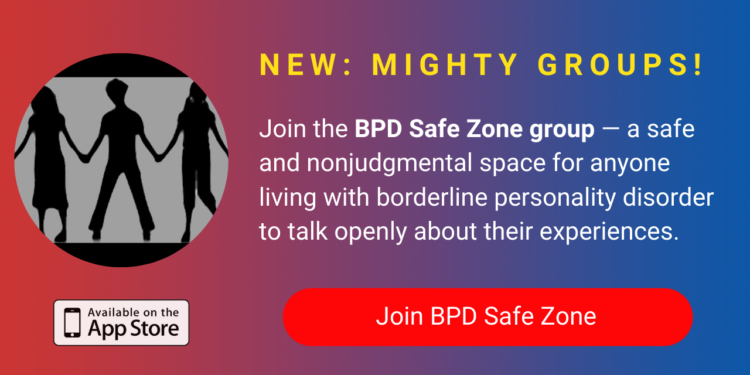The daily struggle of waking up in the morning and not knowing who I’m going to be that day is unbearable.
Mood swings are just part of my life, and I’ve learned to accept and cope with it by now. Nevertheless, there are times when it is not just about mood swings, but “identity swings,” as I would call it — it is about adopting different types of behaviors frequently, whether these are coping mechanisms or the way we chose to get things done.
Before the lockdown, I used to adopt a certain “self” for about a week — for example, I was that friend you could rely on if you wanted to have a blast at a party, and the week after, I was that anxious friend you kind of needed to check in with from time to time to make sure they’re OK. I thought it wasn’t a problem since I got to experience “the best of both worlds” as an introvert for a week, an extrovert for another week and so on: I thought I had that balance between having too much fun and struggling to accomplish simple tasks.
I came to realize it was affecting my relationships with friends and family, since I wasn’t consistent on what I wanted to do or how I wanted to be treated — I expected something from them and then, in a matter of days, I was expecting something else without further notice; that comes hand-in-hand with feeling disappointed and convincing myself that perhaps that person does not want me around any longer, which leads to sadness and then, an overwhelming urge to get over that friendship. If you tend to fall into risky habits, you know the feeling of wanting to get over something or the need to engage in certain activities that might not be entirely healthy.
Once the lockdown started, it got out of hand. My weekly identities became my daily identities, and I was beginning to experience extreme boosts of motivation in which I would randomly feel the urge to accomplish absolutely brilliant things, and then, hours later, I would find myself struggling with depressive and even suicidal thoughts. My plans began to change very frequently, and so did my perception of everyone else around me.
People may not notice we struggle with it, but it does make us really unreliable if it gets out of control, due to the fact that no one ever knows what to expect from us anymore, not even ourselves. I realized I had to control it, since this behavior tends to push people away, people I care about a lot — after all, the closer they get, the more dangerous it is and the most likely I’m meant to lose that friendship.
There I was, seeking consistency and searching for at least some tiny bit of my “essence” that persists no matter what identity I adopt nor who I chose to be.
After thinking about it for a while, I came to the (perhaps not entirely reliable) conclusion that most of us keep at least a little bit of what makes us who we truly are deep inside; that bit could be a set of values, or the passion for a certain talent or hobby. Perhaps making sure that, no matter who we chose to be, we keep that “essence” inside us, is what could help us cope with “identity swings.” I chose empathy — it is something I notice is always present, regardless if I’m feeling very powerful or, on the opposite, worthless.
If you could relate to any of this, you’re not alone: those “identity swings” are more common than we think, and several people struggling with borderline personality disorder (BPD) or any of its symptoms experience it from time to time. Remember to reach out whenever you’re struggling or need a helping hand — we’re all in this together.
Image provided by contributor


